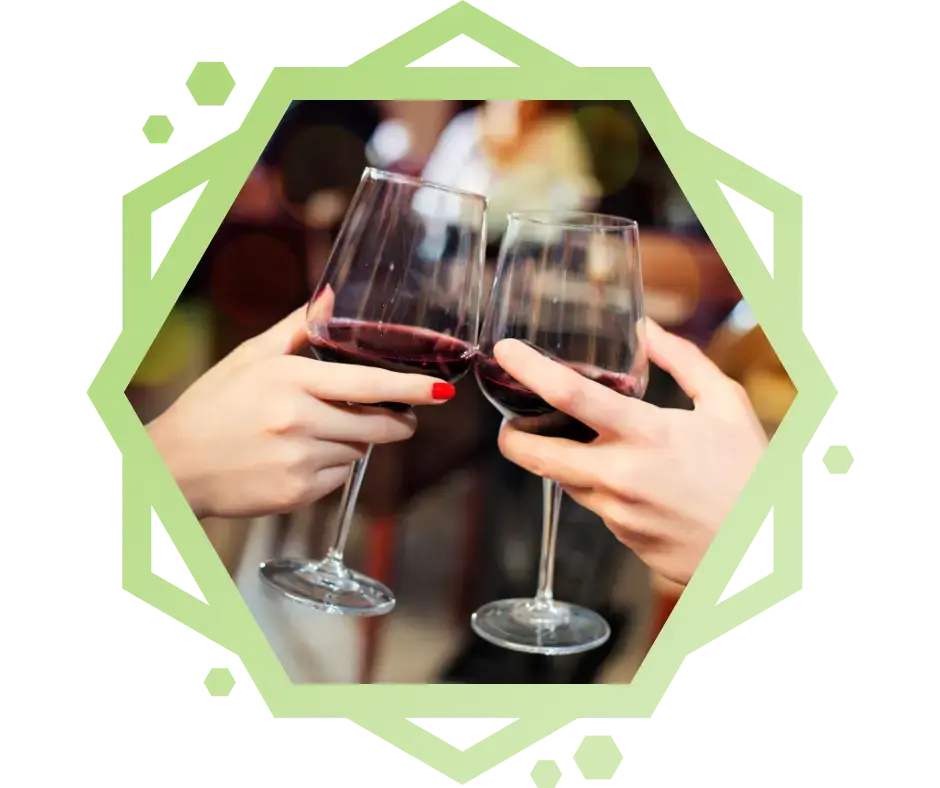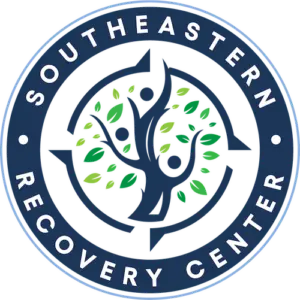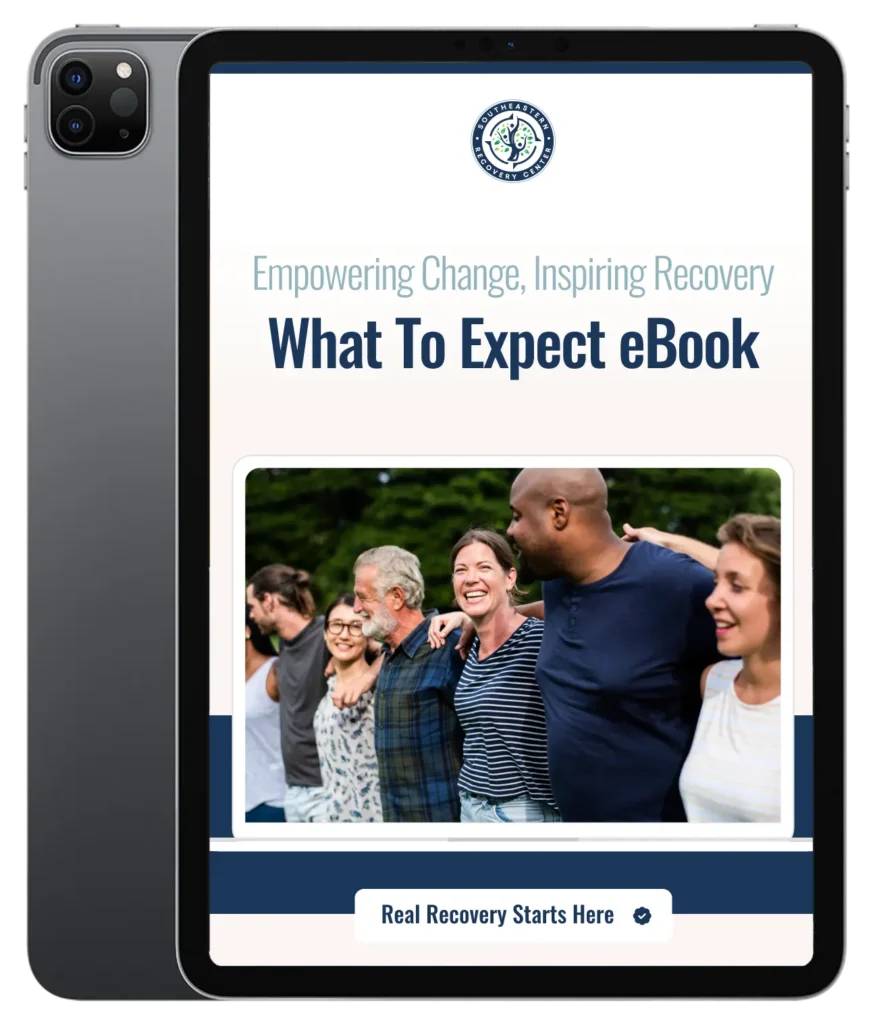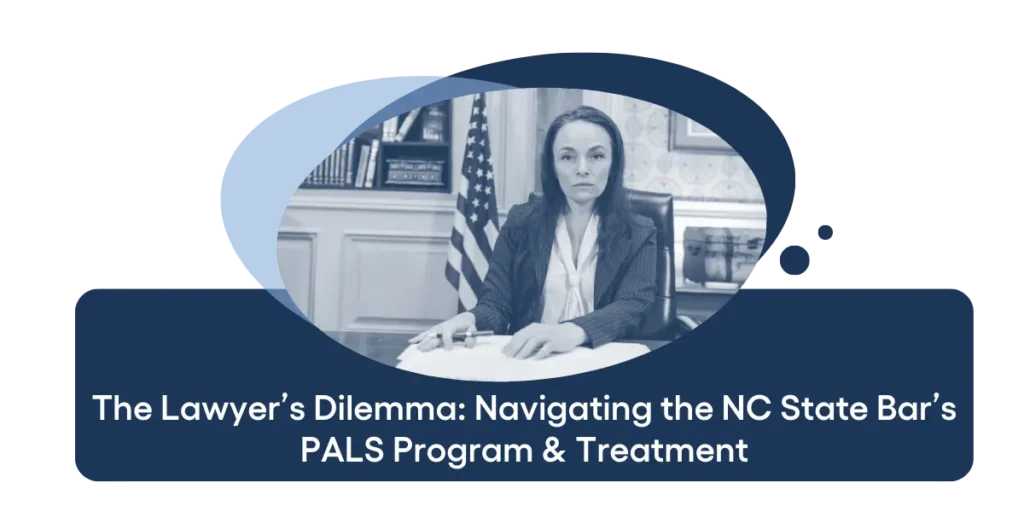Non-alcoholic wine has seen a surge in popularity over recent years, appealing to a wide range of consumers, from those seeking a healthier lifestyle to individuals avoiding alcohol for personal or religious reasons. Despite its growing acceptance, a common question persists: Is non-alcoholic wine addictive? Learn more about non-alcoholic wine, explores its rising popularity, and examines whether it carries any addictive potential.
The global non-alcoholic wine market is expected to reach $3.78 billion by 2030, growing from $2.26 billion in 2023.
What is Non-Alcoholic Wine?
Non-alcoholic wine is basically regular wine that has undergone a process to remove or reduce its alcohol content to below 0.05% ABV (alcohol by volume). This process allows the wine to retain many of the flavors and characteristics of traditional wine without the intoxicating effects of alcohol.
The production methods typically involve one of three primary techniques:
- Vacuum Distillation: This method reduces the boiling point of alcohol by creating a vacuum, allowing the alcohol to be removed at lower temperatures and thus preserving the wine’s flavors and aromas.
- Reverse Osmosis: This filtration process separates alcohol and water from the wine, then reconstitutes the remaining components with water, resulting in a non-alcoholic beverage.
- Spinning Cone Column: A more advanced and precise method, it involves using a spinning cone to separate the alcohol from the wine at a molecular level, ensuring minimal flavor loss.

Why is Non-Alcoholic Wine Popular?
The popularity of non-alcoholic wine can be attributed to several factors, reflecting broader societal shifts towards health and wellness, inclusivity, and changing attitudes towards alcohol consumption. Some of the reasons why people are shifting their focus to non-alcoholic wines include:
Health and Wellness
The health and wellness trend is a significant driver of the non-alcoholic wine market. Many consumers are becoming more health-conscious, seeking to reduce their alcohol intake without giving up the social and sensory experience of drinking wine. Non-alcoholic wine offers a solution, providing the antioxidants and polyphenols found in regular wine without the associated risks of alcohol consumption.
Studies suggest that moderate wine consumption can offer health benefits, primarily due to the presence of resveratrol, a compound believed to have heart-protective properties. Non-alcoholic wine retains these beneficial compounds, making it an attractive option for health-conscious individuals.
Inclusivity and Social Acceptance
Non-alcoholic wine promotes inclusivity, allowing people who cannot or choose not to consume alcohol to participate fully in social settings. Whether for health reasons, religious beliefs, pregnancy, or personal preference, non-alcoholic wine provides an alternative that allows everyone to partake in the cultural and social rituals associated with wine drinking.
Changing Attitudes Towards Alcohol
There’s a noticeable shift in attitudes towards alcohol consumption, particularly among younger generations. Millennials and Gen Z are drinking less alcohol than their predecessors, influenced by a greater awareness of the health risks associated with alcohol, as well as a preference for balanced and mindful living. The “sober curious” movement, which encourages individuals to question their relationship with alcohol, has also played a role in this shift.
Non-alcoholic wine is becoming more popular due to:
- Health and wellness concerns
- Inclusivity and social acceptance
- Changing attitudes toward alcohol consumption
Is Non-Alcoholic Wine Addictive?
To address whether non-alcoholic wine is addictive, it’s crucial to understand what constitutes addiction. Addiction is described as the compulsive need to use a substance, leading to significant impairment or distress. It involves both physical dependence and psychological cravings.
In most circumstances, non-alcoholic wine does not possess the dependency factors necessary to instigate addiction.
Physical Dependence
Non-alcoholic wine contains less than 0.05% alcohol by volume, a negligible amount compared to regular wine. This minimal alcohol content is insufficient to cause physical dependence. The primary addictive component in alcoholic beverages is ethanol, which is present in such low concentrations in non-alcoholic wine that it cannot trigger the same physiological responses associated with alcohol addiction.
Psychological Cravings
Psychological addiction to non-alcoholic wine is theoretically possible but highly unlikely. Unlike substances such as nicotine or caffeine, non-alcoholic wine lacks the compounds known to induce strong psychological cravings. However, individuals who have a history of alcohol dependence may need to be cautious. The sensory experience of drinking non-alcoholic wine could potentially act as a trigger for some individuals, although this risk is relatively low compared to exposure to regular alcoholic beverages.

Demographics of Non-Alcoholic Wine Consumers
Non-alcoholic wine has seen a significant increase in popularity across various demographics, driven by a range of factors including health trends, lifestyle choices, and changing attitudes towards alcohol consumption. Here is an overview of the specific demographics that are more likely to consume non-alcoholic wine.
Demographics play a large role in non-alcoholic wine consumption. Factors playing a role include:
- Age
- Gender
- Lifestyle and Values
- Geographic Trends
Demographics play a large role in non-alcoholic wine consumption. Factors playing a role include:
- Age
- Gender
- Lifestyle and Values
- Geographic Trends
Age Groups
- Millennials (born 1981-1996):
- Health Consciousness: Millennials prioritize health and wellness, often opting for products perceived as healthier alternatives. Non-alcoholic wine fits into their lifestyle by offering the experience of wine without the negative effects of alcohol.
- Moderation Trend: This age group is leading the “sober curious” movement, where individuals experiment with reducing or eliminating alcohol consumption to improve their overall well-being.
- Generation Z (born 1997-2012):
- Preference for Mindful Consumption: Gen Z shows a strong preference for moderation and mindfulness in their consumption habits, including their choice of beverages.
- Cultural Shifts: Younger generations are more likely to question traditional norms around drinking and seek alternatives that align with their values of inclusivity and health.
- Older Adults (50+):
- Health Considerations: Older adults may turn to non-alcoholic wine for health reasons, such as managing medical conditions or reducing alcohol intake to maintain overall health.
- Social Inclusion: Non-alcoholic wine allows older adults to participate in social activities without the risks associated with alcohol consumption.
Gender
- Women:
- Health Awareness: Studies indicate that women are more likely to be health-conscious and seek out non-alcoholic alternatives to traditional beverages.
- Pregnancy and Breastfeeding: Non-alcoholic wine provides an option for women who are pregnant or breastfeeding and wish to avoid alcohol while still enjoying the taste and social aspects of wine.
- Men:
- Increasing Acceptance: While traditionally men have been less likely to choose non-alcoholic beverages, this is changing as health and wellness trends gain traction across all demographics.
Lifestyle and Values
- Health and Fitness Enthusiasts:
- Lifestyle Choices: Individuals focused on fitness and healthy living often avoid alcohol due to its negative effects on health and fitness goals. Non-alcoholic wine offers a way to enjoy a beverage without compromising their lifestyle.
- Religious and Cultural Reasons:
- Alcohol Restrictions: Non-alcoholic wine is a suitable option for individuals whose religious or cultural practices prohibit alcohol consumption, allowing them to partake in social rituals involving wine.
- Sober Curious Movement:
- Mindful Drinking: Participants in the sober curious movement explore their relationship with alcohol, often choosing non-alcoholic alternatives to support their goal of mindful drinking.
- Designated Drivers and Individuals Avoiding Alcohol:
- Safety and Responsibility: Non-alcoholic wine provides a responsible option for designated drivers and others who need or choose to avoid alcohol while still enjoying the social aspects of drinking.
Geographic Trends
- North America:
- Health and Wellness Focus: In countries like the United States and Canada, the emphasis on health and wellness drives the demand for non-alcoholic beverages.
- Cultural Acceptance: The cultural shift towards accepting non-alcoholic options as part of social drinking occasions is more pronounced.
- Europe:
- Tradition and Modernity: While Europe has a strong tradition of wine consumption, there is also a growing market for non-alcoholic alternatives, particularly in countries like the UK, Germany, and the Scandinavian nations, where health trends are significant.
- Asia-Pacific:
- Emerging Market: In countries like Australia, Japan, and South Korea, the non-alcoholic wine market is emerging, driven by increasing health awareness and changing social norms around drinking.

To Drink or Not to Drink Non-Alcoholic Wine?
Non-alcoholic wine offers a compelling alternative for those seeking to reduce or eliminate alcohol consumption without sacrificing the social and sensory pleasures of wine drinking. Its rising popularity is driven by many trends, inclusivity, and changing attitudes towards alcohol.
Importantly, non-alcoholic wine is not addictive, given its minimal alcohol content and lack of addictive compounds. While individuals with a history of alcohol dependence should exercise caution, the consensus among experts is that non-alcoholic wine poses little to no risk of addiction.
If you or a loved one are struggling with addiction – reach out to Southeastern Recovery Center for more information on overcoming addiction and leading a sober life.





